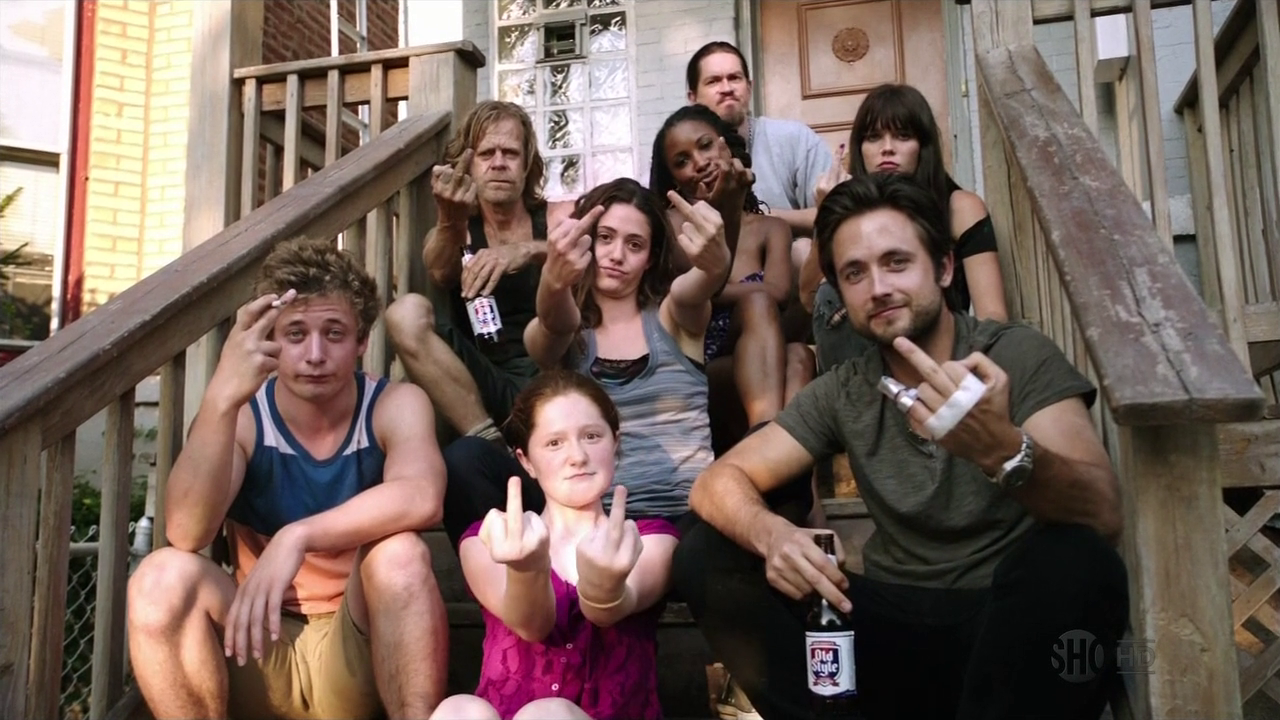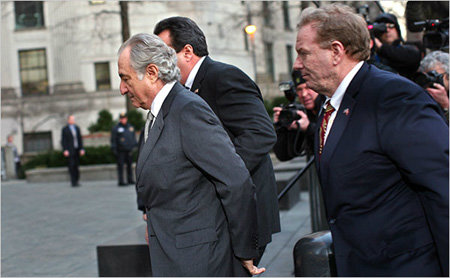
On March 6, 1981, Marianne Bachmeier pulled out a .22-caliber pistol in the courtroom and shot her daughter’s murderer in cold blood, 6 shots hit him and ended his life almost instantly. Bachmeier was sentenced to spend 6 years in prison, she was released in 3 years on probation. Considering Bachmeier’s crime, her sentence was surprisingly light. It would not be a stretch to say Bachmeier’s case was shown some empathy for the motive behind the murder. Prior to the killing of Klaus Grabowski, the man on trial for the sexual abuse and murder of Bachmeier’s daughter, Anna, Grabowski claimed that he only killed Anna because she was blackmailing him. Bachmeier was infuriated and determined to avenge her daughter.
After the stunt Bachmeier pulled in court, she became widely popular in Germany and in magazines. She used the money earned from her fame to pay for her attorneys. She was dubbed “The Revenge Mother” and in 1996, September 17 she died and is now buried next to her daughter Anna. To many Marianne Bachmeier was deemed a hero, to others a criminal.
Marianne Bachmeier is not the only killer who blurred the lines of a murder that was morally right or unjust in the name of the law. In fact, a man named Pedro Rodrigues Filho was found guilty for at least 70 murders. What made Filho stand out from other psychopaths were his targets. Filho claimed to have only targeted drug dealers, rapists and other murderers. Filho confessed to all his murders and claimed to have killed even more, but he made it clear that his targets were never innocent. In the end, Filho only served 34 years in prison which is a slap on the wrist for 70+ murders.
Time and time again in history there have been evident cases of vigilantes receiving lighter sentences for crimes that are technically as severe as any other serial killer. The only absolute difference in these special vigilante cases being that the majority of the public (and court) seemed to agree the intent was to kill an evil, malicious person. Whether killing is always wrong or justifiable is controversial. Without a doubt these cases of a mother avenging a daughter, a mass murderer who attempted to ‘take out the trash’ by only targeted high profile criminals, and many more, do prove one thing; killers who kill other killers are seen, under the eye of the public and judicial system, with significantly increased empathy.








Vigilante morality can be so hard to navigate because it’s often driven by these intense emotions and a sense of justice, but it bypasses the systems we are supposed to rely on to handle these situations. It’s complicated, because when does personal retribution stop being justice and start being a dangerous precedent? From the information you provided in this article, I find what Bachmeier did to have been just, but once we start justifying murder, where does the line get drawn?
Hi Eddie, I was fascinated by your article. I am a criminal justice so I study a lot of criminal cases, and I have yet to hear about these cases. These are interesting trials that raise moral and legal debates. Morally, I understand Marianne’s motive and why she did what she did. But legally, murder is wrong. Same goes for Filho, he had good intentions, morally, but legally, it is wrong. Filho was acting like a modern day Robin Hood. The question at hand is: Can murder be justified or not? The leniency in these cases and the lack of time served shows that society generally agrees that it can be justified. Society can overlook the severity of the crime when it is pursuing a greater evil, like murdering a murder. It shows how impactful public opinion and emotion can be on murder trials. These cases show that justice can be subjective and that emotion and bias can sway the public and overlook the legal basis of murder.